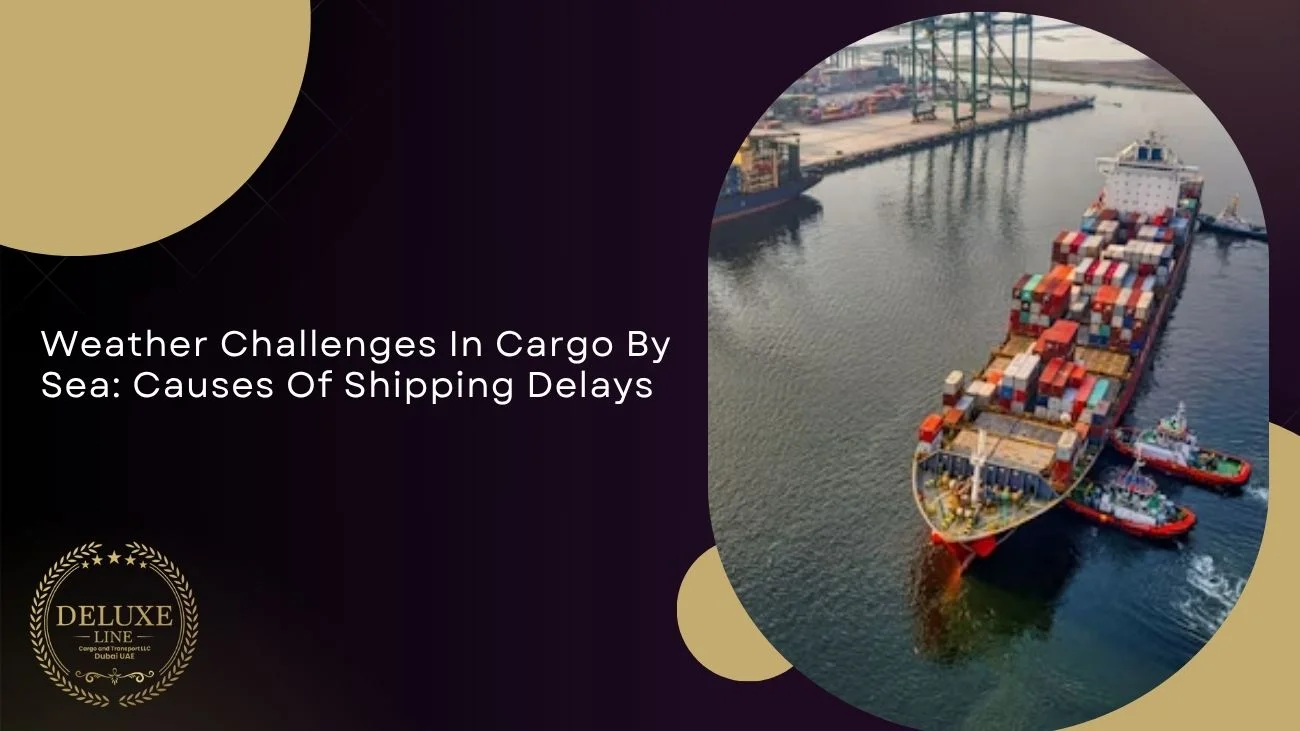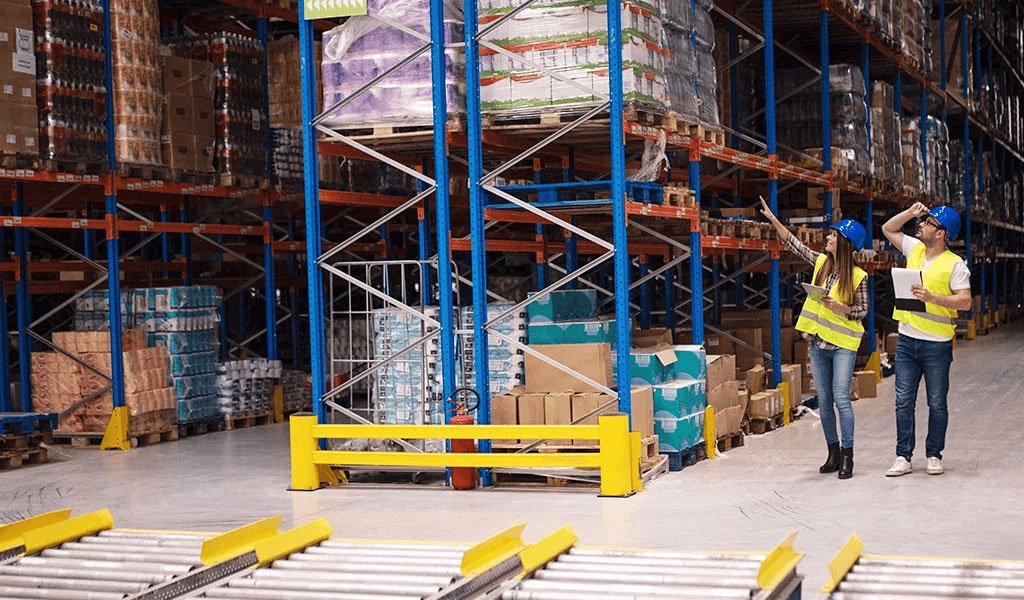Weather Challenges In Cargo By Sea: Causes Of Shipping Delays

Cargo by sea is a recommended form of transportation in the global shipping of goods by a business that is sending goods in high volumes and over long distances. It provides a balance of cost-effectiveness and capacity that are hard to find with other approaches. However, one factor that continues to challenge sea freight is the weather. Weather is a great force and can significantly influence schedules and time of delivery, especially in the case of sudden storms and seasonal weather shifts. Deluxe Line Cargo & Transport has a reputation for moving through these variables to ensure that the shipments are on schedule.
Understanding Weather-Driven Delays in Sea Freight
Sea transport is very dependent on good weather conditions. Any interference due to wind, rain, fog, or turbulence in the sea can create delays. As an example, the tropical storms can cause ports to be closed or vessels to reroute, which may cost days to a scheduled journey.
In cargo by sea, there is no fast recovery of weather-related losses like in air freight since the cargo requires more time in transit to move. This is the reason why such freight companies as Deluxe Line Cargo & Transport are always attentive to the weather reports globally to prevent the delays and re-schedule the routes or adjust the schedules in advance.
Moreover, unpredictable weather does not only influence transit. It has also resulted in ripple effects on customs operations, off-loading time and container availability. A delay in one ship may affect the schedules of other ships waiting in the same port resulting in a backlog. Knowing these operational risks gives the companies an opportunity to create flexibility within their schedules and lower chances of severe breakdowns in the supply chain.
Key Weather Conditions That Impact Cargo Delivery
No matter how well-planned it is, unfavorable weather can cause some delays. Knowledge of the kinds of weather conditions that often influence cargo by sea can enable businesses to prepare and schedule their freight with more flexibility.
Tropical Storms and Hurricanes
These are weather events that have the greatest impact on cargo by sea. Ships can decide to take detours or anchor at the close by ports until it is safe to proceed. This can turn a 15 day journey into 20 days and above. To prevent this, freight companies introduce satellite data and marine forecasts to make timely changes in order to deliver schedules and safety at the same time.
Dense Fog and Poor Visibility
Fog is a dangerous condition when ships come near the coastal area or pass through busy lanes. Navigation systems can help, but reduced visibility slows down movement, especially when entering or leaving ports. This idle time adds up, delaying the entire supply chain. Companies rely on a strict scheduling of business delivery should be informed of these possible delays and space up room when possible.
High Winds and Ocean Swells
The windy weather and rough seas do not stop the vessel, but they make it very slow. Such conditions require reduced speeds and more careful navigation to safeguard the vessel and the cargo. These kinds of delays are common in open-sea routes and during seasonal transitions. Delays due to bad weather can also cause rescheduling at destination ports, and this is especially a problem when the ports of call are already limited.
Even unpredictable weather can be controlled with a suitable partner in logistics. Deluxe Line Cargo & Transport ensures that all cargo by sea operations are backed by contingency plans, risk mitigation strategies, and transparent communication, so your goods arrive safely, no matter the conditions.
 +971 54 211 8675
+971 54 211 8675 info@dlcargotransport.ae
info@dlcargotransport.ae
